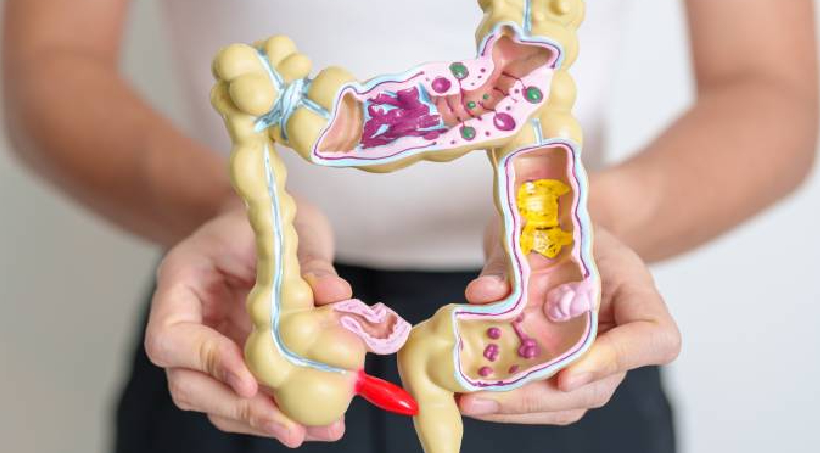- AK Superspeciality Clinic, Unit-208, Kul Scapes, Opposite to Reliance Mart, Tukaram Nagar, Kharadi
- +91 90960 45072

Definition: Ulcerative colitis is a chronic inflammatory bowel disease (IBD) that causes inflammation and ulcers in the lining of the colon and rectum. It is characterized by periods of flare-ups and remission.
Causes: The exact cause is unknown, but factors include:
- Genetic Predisposition: Family history of IBD.
- Immune System Dysfunction: The immune system mistakenly attacks the colon.
- Environmental Factors: Diet, stress, and possibly infections.
Symptoms:
- Abdominal pain and cramping.
- Bloody diarrhea.
- Urgency to defecate.
- Weight loss.
- Fatigue.
- Fever during flare-ups.
- Joint pain and skin issues in some cases.
Diagnosing:
- Colonoscopy: To visualize the extent of inflammation and take biopsies.
- Stool Tests: To rule out infections.
- Blood Tests: To check for anemia and inflammation markers.
- Imaging: CT or MRI to assess the severity and complications.
Treatment Options:
- Medications:
- Anti-Inflammatory Drugs: Such as aminosalicylates and corticosteroids.
- Immunosuppressants: To reduce immune system activity.
- Biologics: Target specific parts of the immune response.
- Diet and Lifestyle: Tailored diets to manage symptoms and reduce flare-ups.
- Surgery: In severe cases, removal of the colon (colectomy) may be necessary.
Prevention Tips:
- Adhere to Treatment Plans: Consistent use of prescribed medications.
- Monitor Symptoms: Early intervention during flare-ups.
- Healthy Diet: Avoiding trigger foods and maintaining balanced nutrition.
- Regular Check-Ups: Routine colonoscopies to monitor disease progression.
Conclusion: Ulcerative colitis is a lifelong condition that requires ongoing management to control symptoms and prevent complications. With the right combination of medications, lifestyle changes, and regular monitoring, many individuals can lead full and active lives.

